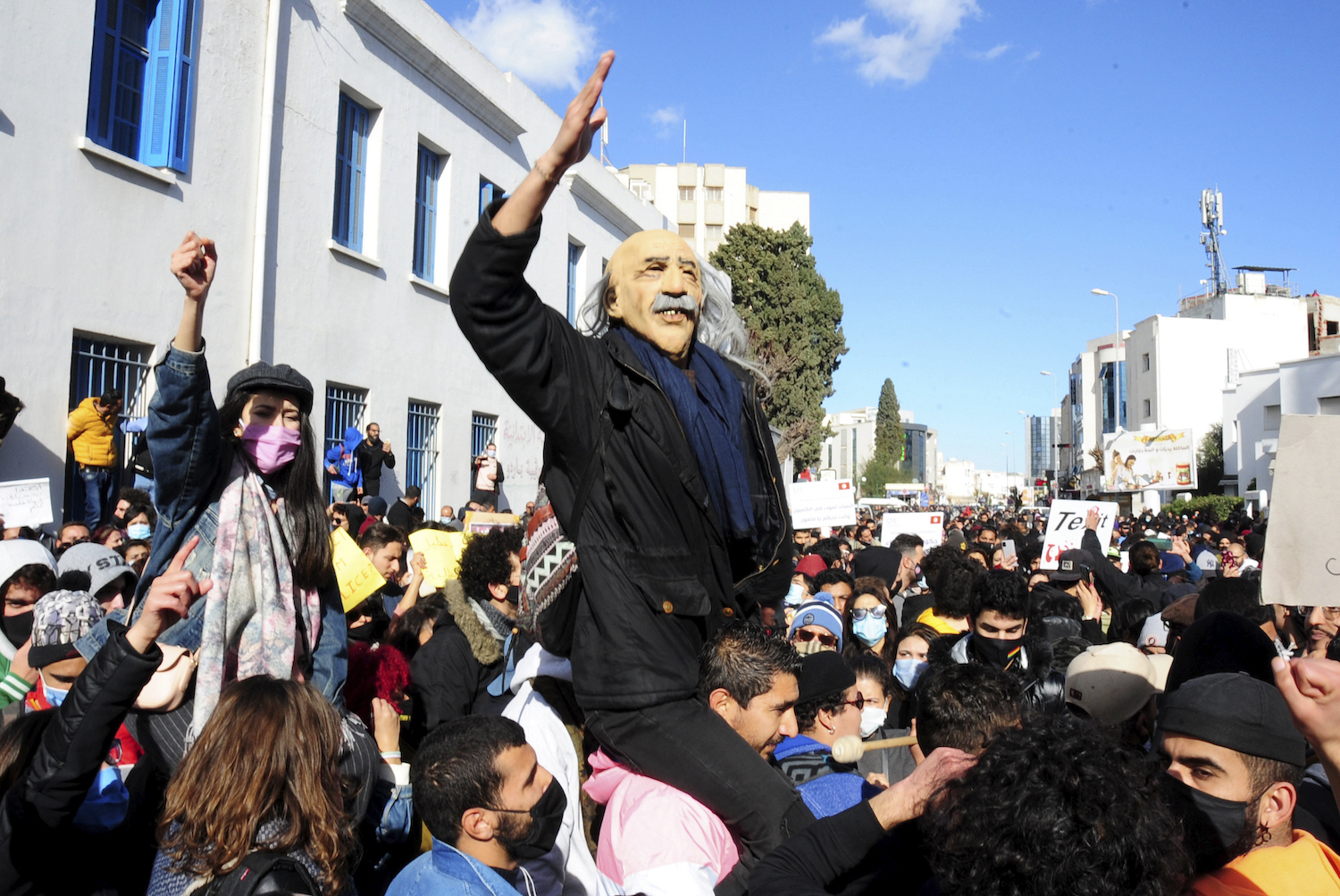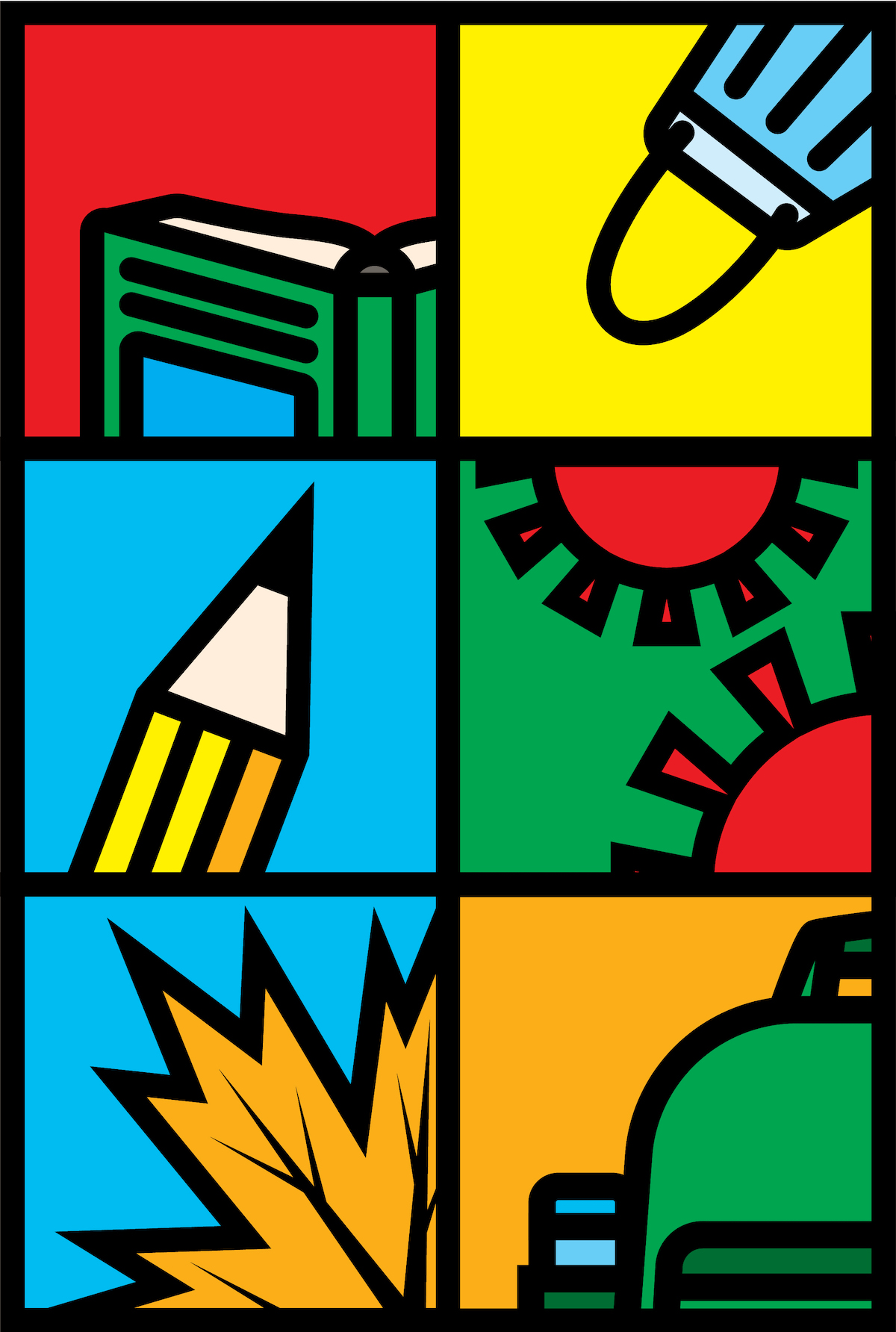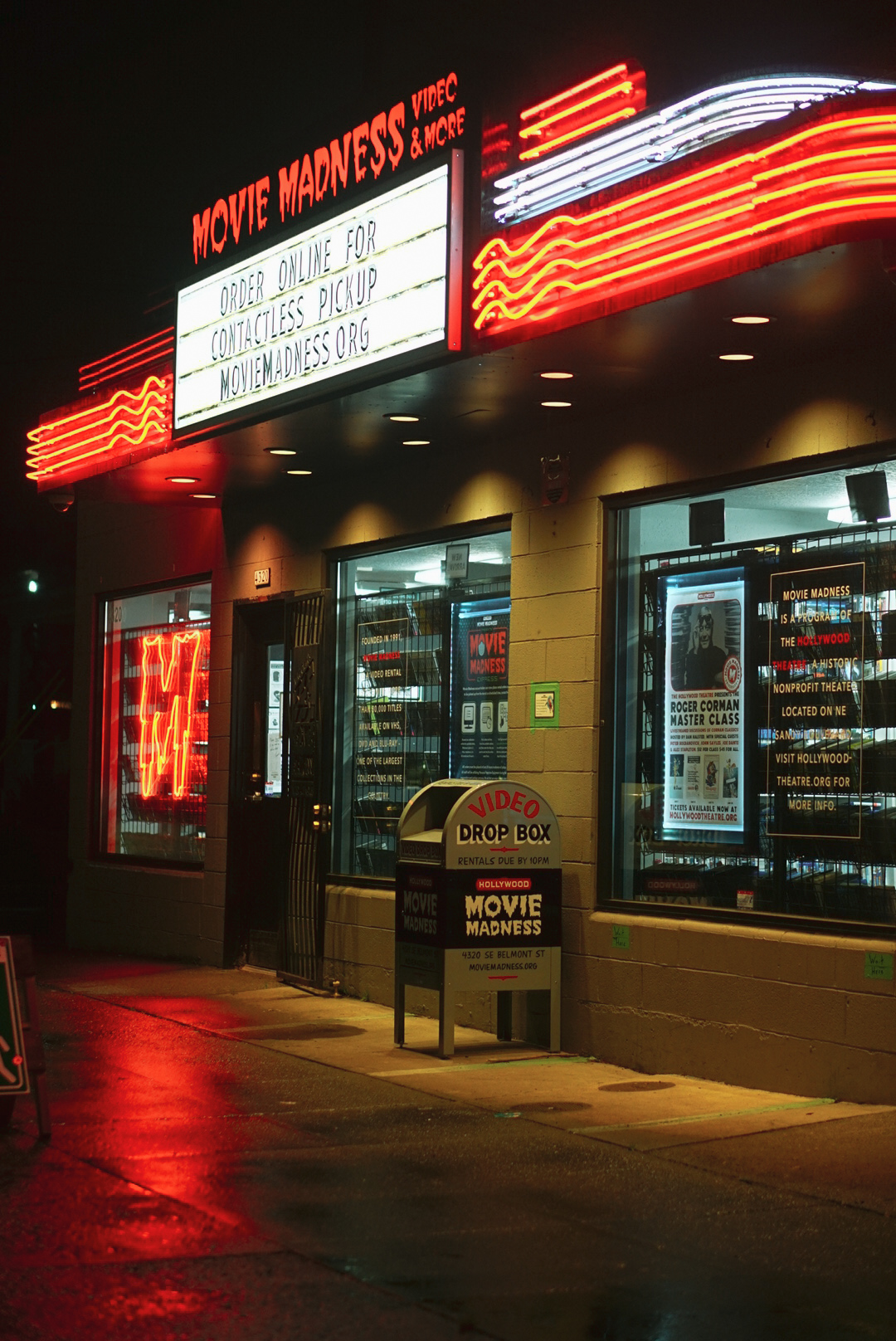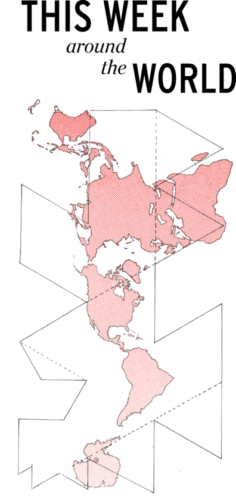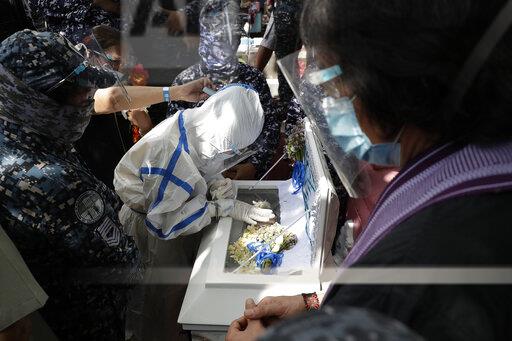Over the last two weeks, police have arrested over 1000 people in relation to protests against economic inequalities and excessive police force in Tunisia, according to Al Jazeera.
According to The Guardian, the Tunisian Human Rights League estimated 1,400 protesters have been arrested so far, including approximately 30% of whom were minors.
Protests have turned violent on multiple occasions when protestors have clashed with police. Police have been seen spraying tear gas and have been caught on camera appearing to beat protesters.
“The government that only uses police to protect itself from the people—it has no more legitimacy,” said protester Salem Ben Saleh, according to France 24.
Amnesty International issued a statement urging police to abstain from using excessive force against protesters.
“Even when acts of vandalism and looting occur, law enforcement officers must only use force where absolutely necessary and proportionate,” said Amna Guellali, Amnesty International’s Deputy Regional Director for the Middle East and North Africa. “Nothing gives security forces permission to deploy unnecessary and excessive force including when they are responding to acts of sporadic violence.”
On the night of Jan. 25, Haykel Rachdi died from his injuries after reportedly being struck in the head by police with a teargas canister during a protest.
“The tragic death of Haykal Rachdi, a young man who was seeking a better future, must be promptly, impartially and effectively investigated,” Guellali said. “The investigation should include interviews with witnesses and an independent forensic medical examination, and those responsible for his killing must face justice.”
“Security forces must respond to demonstrations that are a genuine expression of social hardship with restraint and respect for freedom of assembly…Police impunity has long been a concern in Tunisia—to break the cycle of violence, judicial authorities should investigate all incidents of unlawful use of force, including tear gas, and ensure that police are held to account.”
Protesters have been seen holding signs that read “Police everywhere, justice nowhere” denouncing government corruption and police use of force.
“I am aware that successive governments have dealt with you in the same way, which has blocked dialogue with you and prevented us from guaranteeing you a country where you can flourish,” said Prime Minister Hichem Mechichi in a televised message to citizens on Jan. 19. “However, without you, there is no future.”
Although appearing to agree to hear out the protesters, Mechichi also clarified his disapproval of the methods being used. According to Al Jazeera, protesters have been seen blocking roadways, burning tires and throwing rocks and other objects at the police and nearby businesses.
“This has nothing to do with protest movements that are guaranteed by the law and the constitution,” said Interior Ministry Spokesman Khaled Hayouni. “Protests take place in broad daylight normally… without any criminal acts involved.
“These practices come from delinquents who want to establish anarchy and weaken our security,” Mechichi said.
Not everyone agreed with the sentiment of the prime minister.
“Youth live from day to day, we no longer have hope, neither to work nor to study—and they call us troublemakers,” said Amine, a call center worker, according to France 24.”We must listen to young people, not send police in by the thousands. The whole system is corrupt, a few families and their supporters control Tunisia’s wealth.”
The protests, which broke out in multiple cities on the night of Jan. 15, came after a social media video appeared showing a police officer pushing and yelling at a shepherd whose sheep got into the local government headquarters.
Tensions had already been rising in the country due to a major economic crisis and a nationwide lockdown.
The unemployment rate in Tunisia has stayed above 15% for the last decade, but for 15–24 year olds, the unemployment rate has jumped to over 34% since 2015.
“People are hungry. They want revenge against the state,” said a man who works near the center of Ettadhamen, a district on the outskirts of the Tunisian capital where protests have continued, according to The Guardian. “I won’t lie about it, they want another revolution.”
The protests come on the 10-year anniversary of autocratic leader Zine El Abidine Ben Ali fleeing Tunisia, ground zero of the Arab Spring uprisings.
“We can’t accept a police state in Tunisia 10 years after the revolution…it is shameful,” said Mahmoud, a cafe worker in Tunisia, according to Reuters.
Chants such as “the people want the fall of the regime” were heard in the streets—the same words said during the country’s revolution a decade ago. Many of the protesters feel that the government has not followed through on the demands made during the Arab Spring uprisings, where the movement’s slogan read “employment, freedom and dignity.”
“The whole system must go…we will return to the streets and we will regain our rights and our dignity that a corrupt elite seized after the revolution,” said Maher Abid, an unemployed protester, according to Reuters.
“They want to steal the principles won since the revolution,” protester Mohammed Smida said. “Today our right to protest is threatened by the new Ben Ali.”

